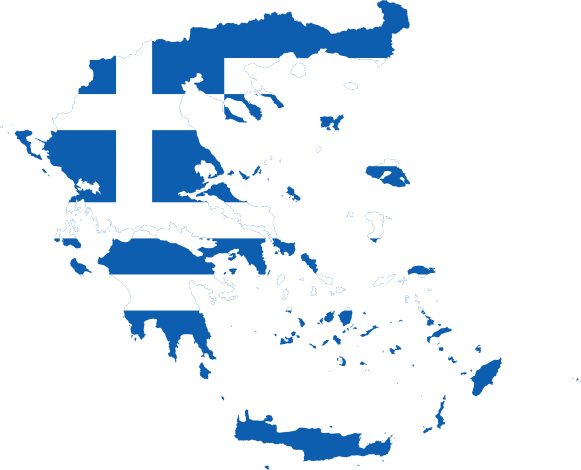
Enjoy the break. You have earned some time off with your hard work so far this school year. Water for Sixth Grade wishes you a very Merry Christmas. I strongly encourage you to do some sort of learning over the break. Read some books, watch a TV show about something interesting, read the newspaper, or better yet: BLOG! The new year will bring new and exciting things to Water for Sixth Grade. Our blog will feature new activities, videos, pictures, and links. Also, after the Break, Water for Sixth Grade will unveil a never before used feature: Podcasting. This is an entirely brand new feature on the blog, one I hope you will enjoy and use to improve your learning and thinking skills. What is a podcast? Well, it's basically like a radio show. It is something that you will listen to. With the podcast, I will talk about all sorts of topics. Perhaps even some interviews of you, the student! Yes, it will be exciting times indeed.
Over the Winter Break, if you are bored or just feel like checking out Water for Sixth Grade, this post is for you to use to post any comment you want. Perhaps you want to share your Christmas plans? Perhaps you want share an exciting gift you either received or gave? Perhaps you want to share what you did for the break? This post is for you to post anything you want over the break that you would like to share.
Enjoy the Break!




































